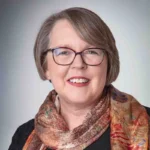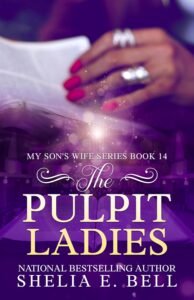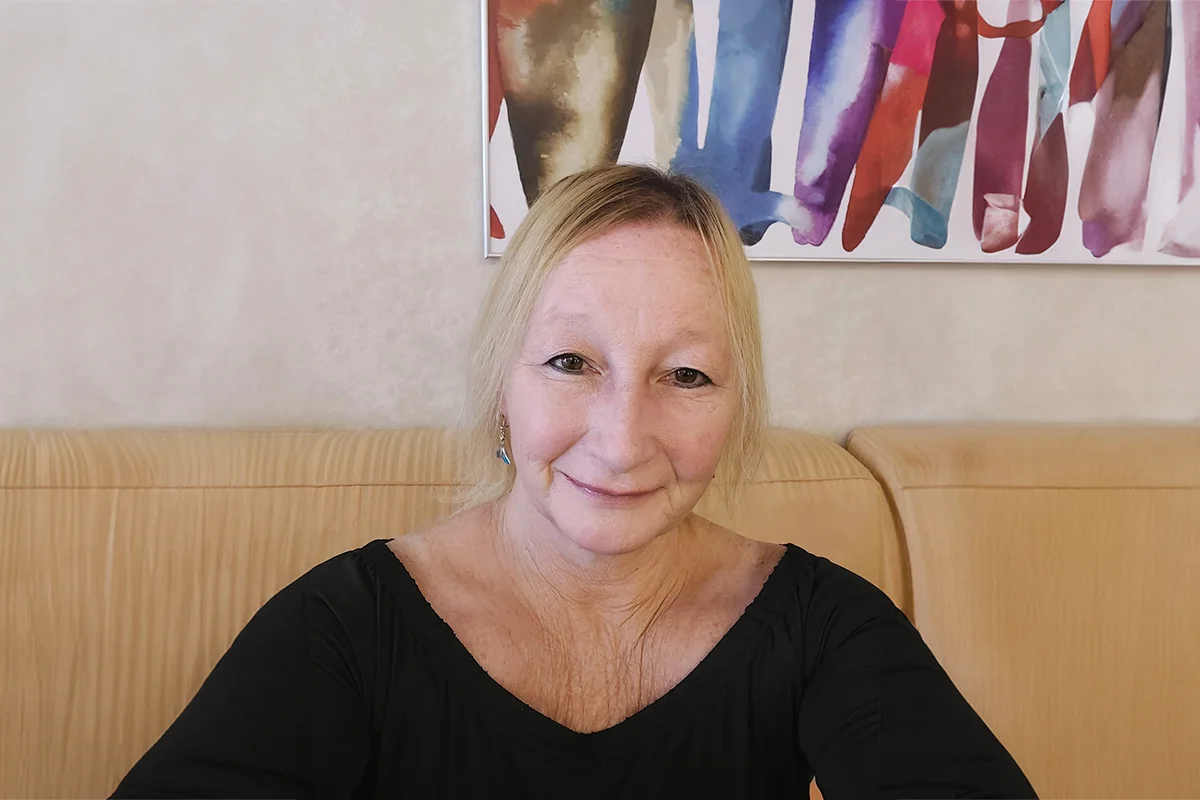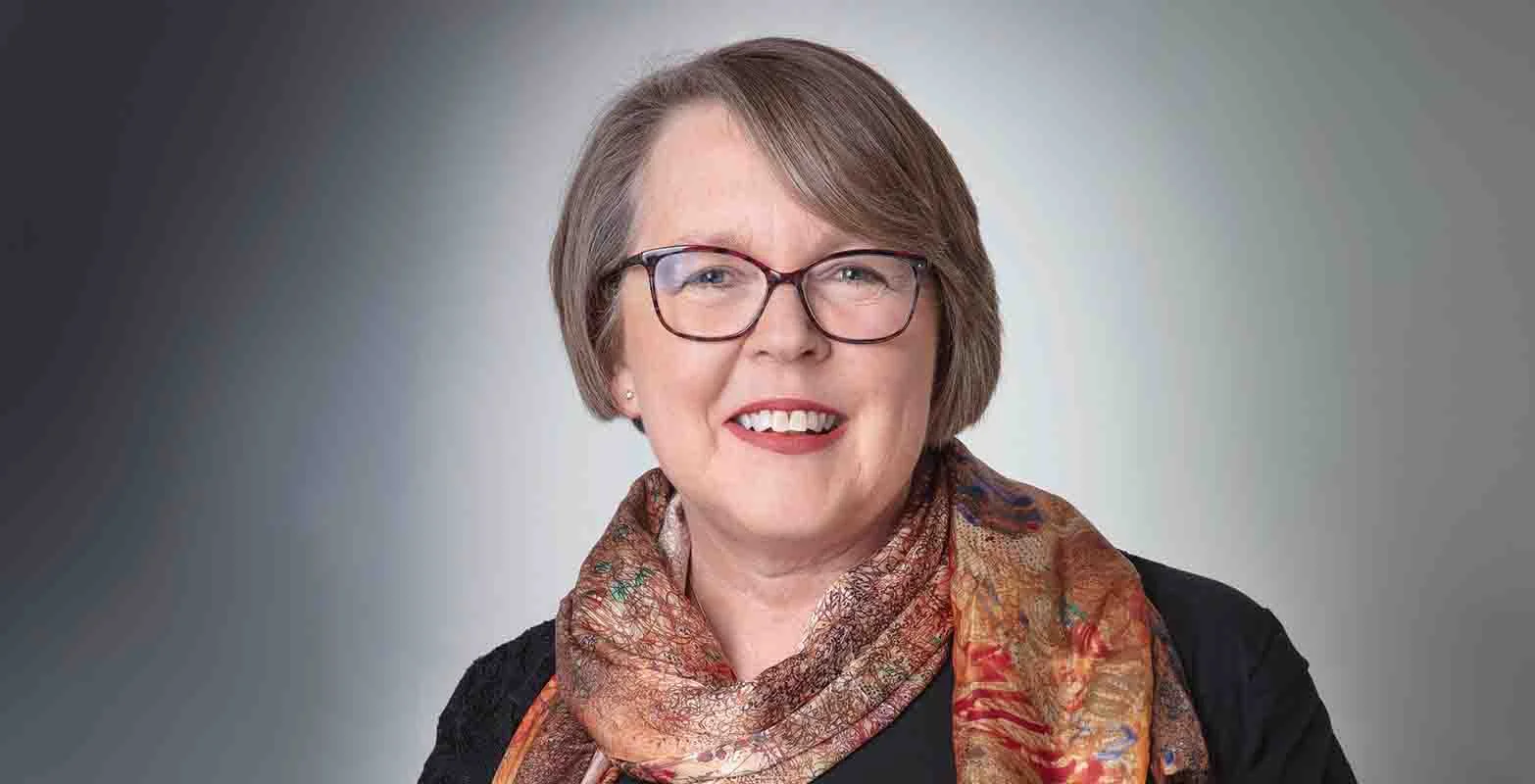Shelia E. Bell Shares How Faith, Imperfection, and Real-Life Inspire Her Award-Winning Stories
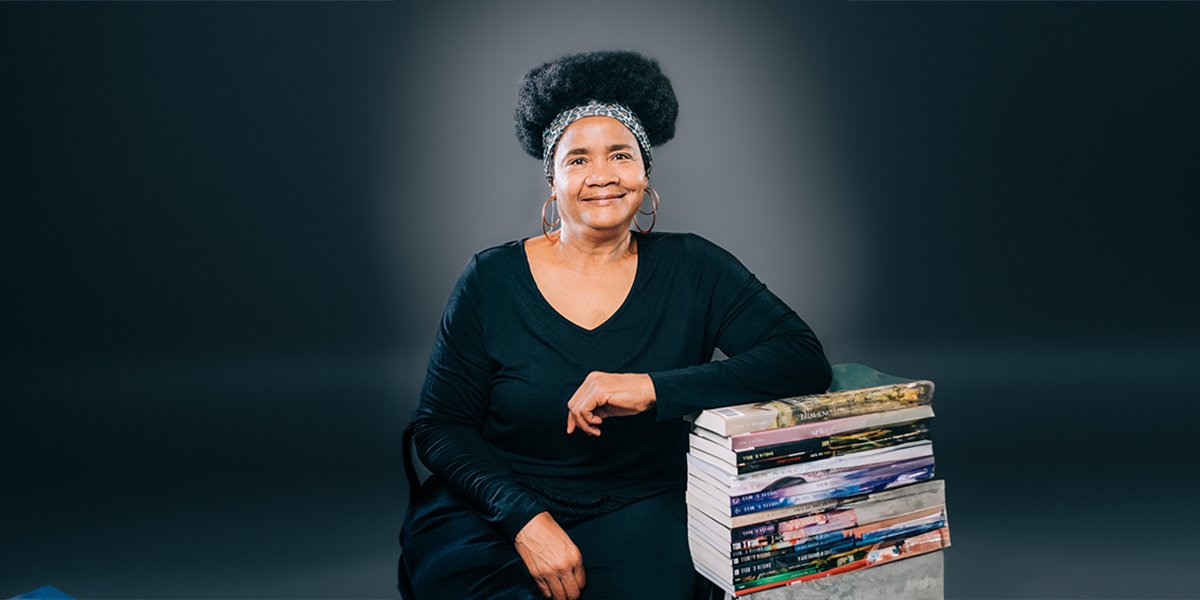
PHOTO: Award-winning author Shelia E. Bell, celebrated for her powerful and faith-filled stories that reflect the beauty of imperfection.
Perfect Stories About Imperfect People
Shelia E. Bell discusses her writing process, themes of faith and imperfection, and her mission to promote literacy. Her characters reflect real struggles, making her work relatable and spiritually impactful.
Shelia E. Bell is a literary force whose pen blazes across genres with grace, grit, and unshakable faith. Her stories are a reflection of life’s glorious imperfections—raw, real, and redemptive. With more than 40 books under her belt, Shelia has mastered the art of crafting characters who don’t just live on the page—they breathe, struggle, stumble, and soar. Her storytelling is fearless, unfiltered, and deeply grounded in spiritual truth, reminding us that even in our mess, we are worthy of grace.
In this exclusive interview, Shelia E. Bell opens the door to her creative world, where faith meets flaws and love contends with life’s most painful truths. Whether writing about a betrayed wife, a bold church leader, or a woman discovering her strength through trauma, Shelia invites readers to see themselves—and their own journeys—reflected in her work. Her unflinching honesty, commitment to literacy, and empowering message to “live your dreams now” are as impactful as the unforgettable characters she brings to life. Prepare to be moved, challenged, and inspired.
Shelia E. Bell is a masterful storyteller who writes with heart, purpose, and authenticity that resonates deeply with readers everywhere.
Your books often explore faith and spirituality through complex, relatable characters. How do you approach weaving those themes into stories like My Son’s Wife?
I approach these themes from a spiritual standpoint and through everyday life. My characters are not perfect, but they still maintain relationships with God. I believe that faith is often lived out in the small, messy moments just as much as in the big, dramatic ones. I intentionally create characters who wrestle with real-life challenges — betrayal, temptation, forgiveness, and redemption — because that’s where spirituality becomes tangible. Their imperfections don’t disqualify them from God’s love; instead, they deepen their journey of faith. Through their struggles, triumphs, and even their doubts, I show how grace is an ongoing, evolving part of the human experience. My goal is to present spirituality not as something distant or unattainable, but as something living, breathing, and accessible to anyone willing to seek it.
“Faith is often lived out in the small, messy moments just as much as in the big, dramatic ones.” — Shelia E. Bell
In Dem McCoy Boys, you introduce bold, unconventional church leaders who stir up a lot of drama. What inspired you to take that direction in a Christian fiction setting?
My writing theme or slogan is “Perfect Stories About Imperfect People Like You….and Me.” This means, like in reality, no one is perfect, including people of faith and including church leaders. We all make our share of mistakes, and we all have done, and do, things we might not be proud of. That’s what the leaders in this story convey: they love God, but they are still imperfect people.
You’ve spoken openly about living with a physical disability. How has your personal journey shaped characters like Clarye Dawson in Always, Now and Forever Love Hurts?
I believe the fact that I have been living with physical challenges since age two definitely spills over into my writing, whether it’s through the subject matter, the character traits (physical and mental), or other storylines. I look at my characters as being real people. They are not always beautiful and shapely, handsome and successful. They are flawed in many ways, whether physical, emotional, or spiritual. I want people, when they read my books, to visualize real-life people and not fake, made-up, unrelatable characters.
Your work spans Christian fiction, women’s fiction, young adult, and nonfiction. Are there certain themes you find yourself returning to, no matter the genre?
The theme I keep returning to is MY personal theme: “Perfect stories about imperfect people like you and me.”
“They love God, but they are still imperfect people.” — Shelia E. Bell
In What’s Blood Got To Do With It?, the main character uncovers a devastating family secret. What drew you to tell a story centered on identity and truth? I return to the theme of the stories I write: “Perfect stories about imperfect people like you and me.”
“What’s Blood Got to Do With It?” is another story that illustrates how topsy-turvy life can be. One moment, we may think everything is perfect, but the next, life can throw us a curveball or several curveballs that we didn’t see coming. I do not focus on a specific topic or subject when writing. Instead, I write based on titles. When the title “What’s Blood Got to Do With It?” came to me, I did not know what the storyline would entail. The story unfolded as I wrote, and I had no idea what was going to transpire. I was just as surprised as the readers to witness the development of this story.
Strong female leads are central to many of your stories. How do you develop their voices, especially when writing about trauma, growth, and healing?
I was not aware of this because I did not set out to write in a particular manner other than how my spirit leads and how the characters present themselves. I give my characters free rein to lead the story. As I write, they express themselves, share their thoughts, and behave in ways that align with their personalities. Sometimes that means they experience the unpleasant side of life. It might sound a bit odd, but that’s how it happens. As for my characters, sometimes I sit at the computer, or I may dream about a character, but most often, they develop and reveal themselves as I write. I immerse myself in their lives as if they are real, living individuals experiencing real events just like we do. Additionally, being a strong woman surrounded by many strong, God-fearing women in my life might unconsciously influence my writing.
You founded the BWABC Literacy Association to promote reading in communities. How does that mission connect with the stories you choose to tell?
BWABC aims to promote and encourage literacy. If individuals cannot read and comprehend what they are reading or hearing, our narratives lose significance. Literacy is crucial for authors and storytellers like me, as we want our creations to reach and resonate with audiences. If people lack literacy skills, our stories may fade into obscurity.
With over 40 books and numerous awards to your name, what do you think sets your storytelling apart, particularly in the Christian and women’s fiction spaces?
What distinguishes my stories from others is their realism. I focus on authentic situations that everyday people, like you and me, may face, or we likely know someone who has gone through what some characters endure. These narratives capture true-to-life scenarios and involve relatable individuals who happen to be flawed people of faith. Just because I write ‘clean fiction’ about folks involved in church does not mean my characters do not experience, share, and explore the complexities of life. Similar to life itself, my stories don’t always conclude with a “happy ever after.”
EDITOR’S NOTE
Shelia E. Bell delivers another powerful installment in the My Son’s Wife series with The Pulpit Ladies. This gripping drama masterfully intertwines the lives of strong, faith-driven women facing betrayal, heartache, and redemption. Pepper’s resilience, Eliana’s emotional turmoil, Fancy’s unexpected romance, and Luna’s fierce pursuit of justice create a riveting narrative. Bell’s storytelling is both raw and uplifting, blending suspense, emotion, and spiritual depth. Fans of the series will be captivated by the twists and turns, while new readers will appreciate the rich character dynamics. A must-read for anyone who loves drama, faith, and unforgettable storytelling!










